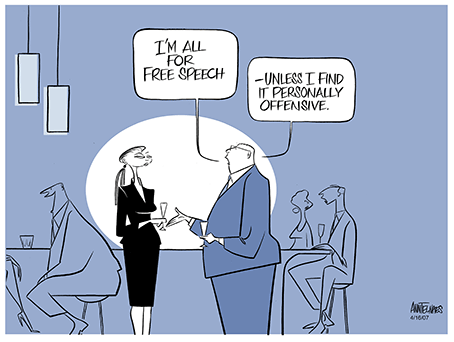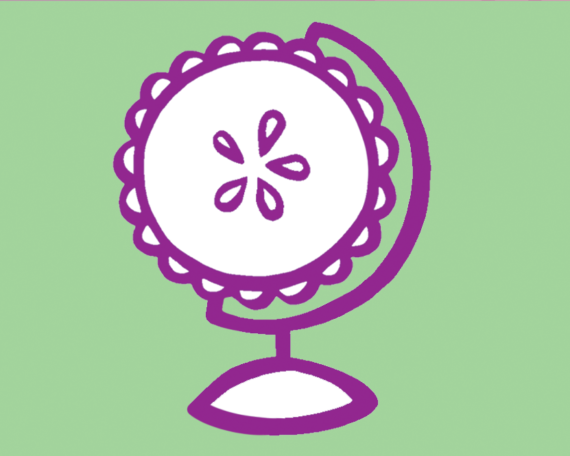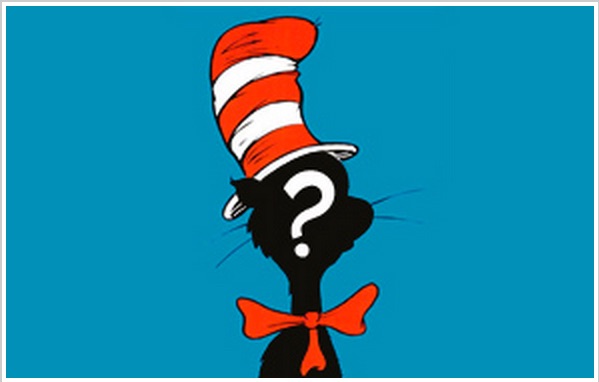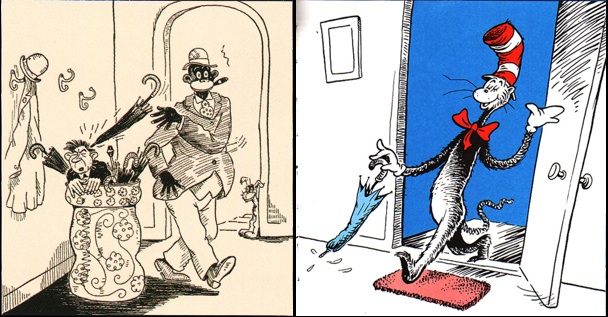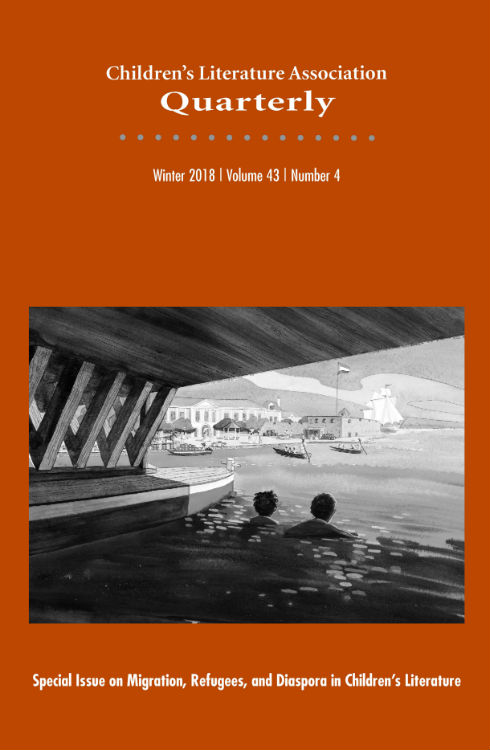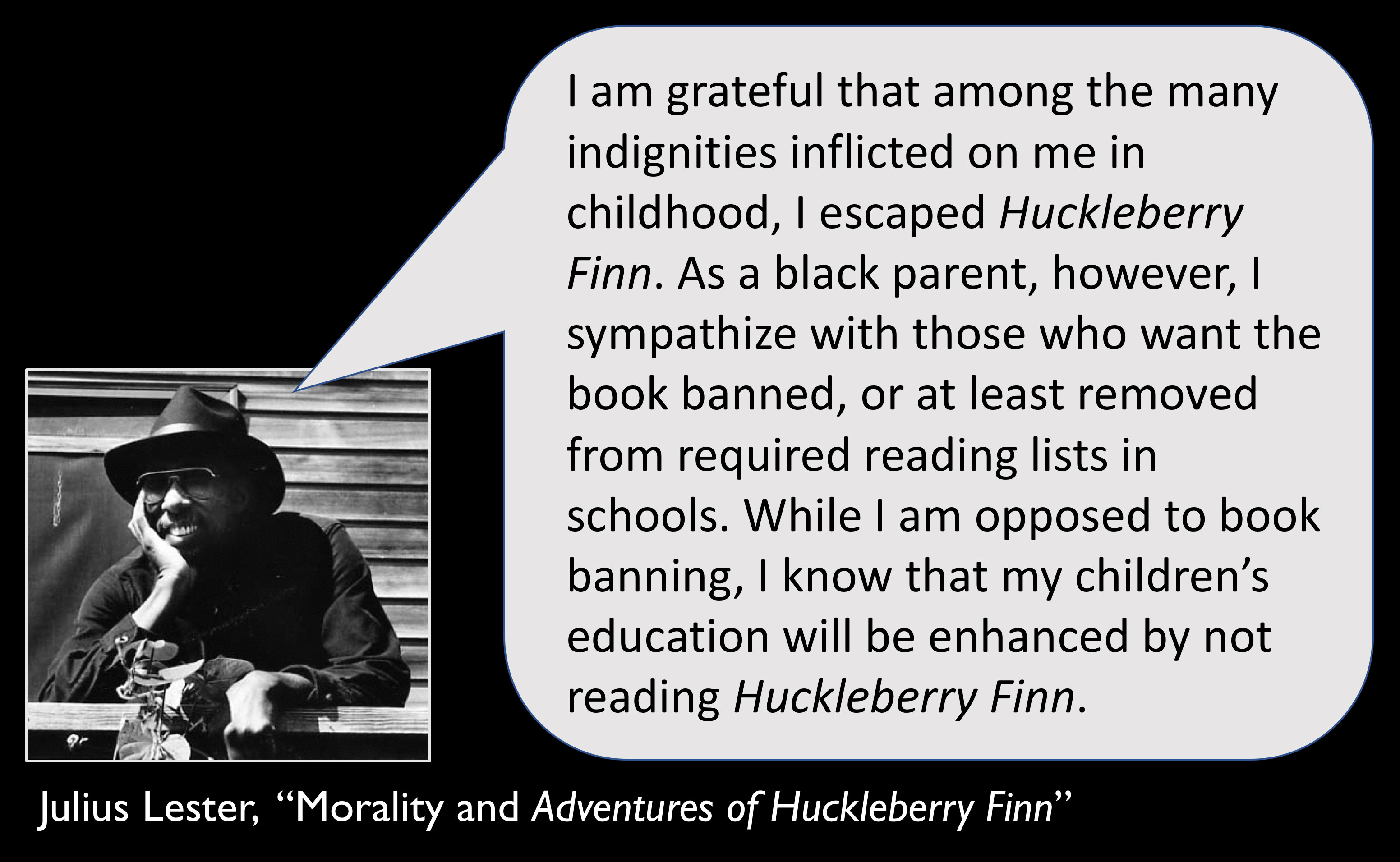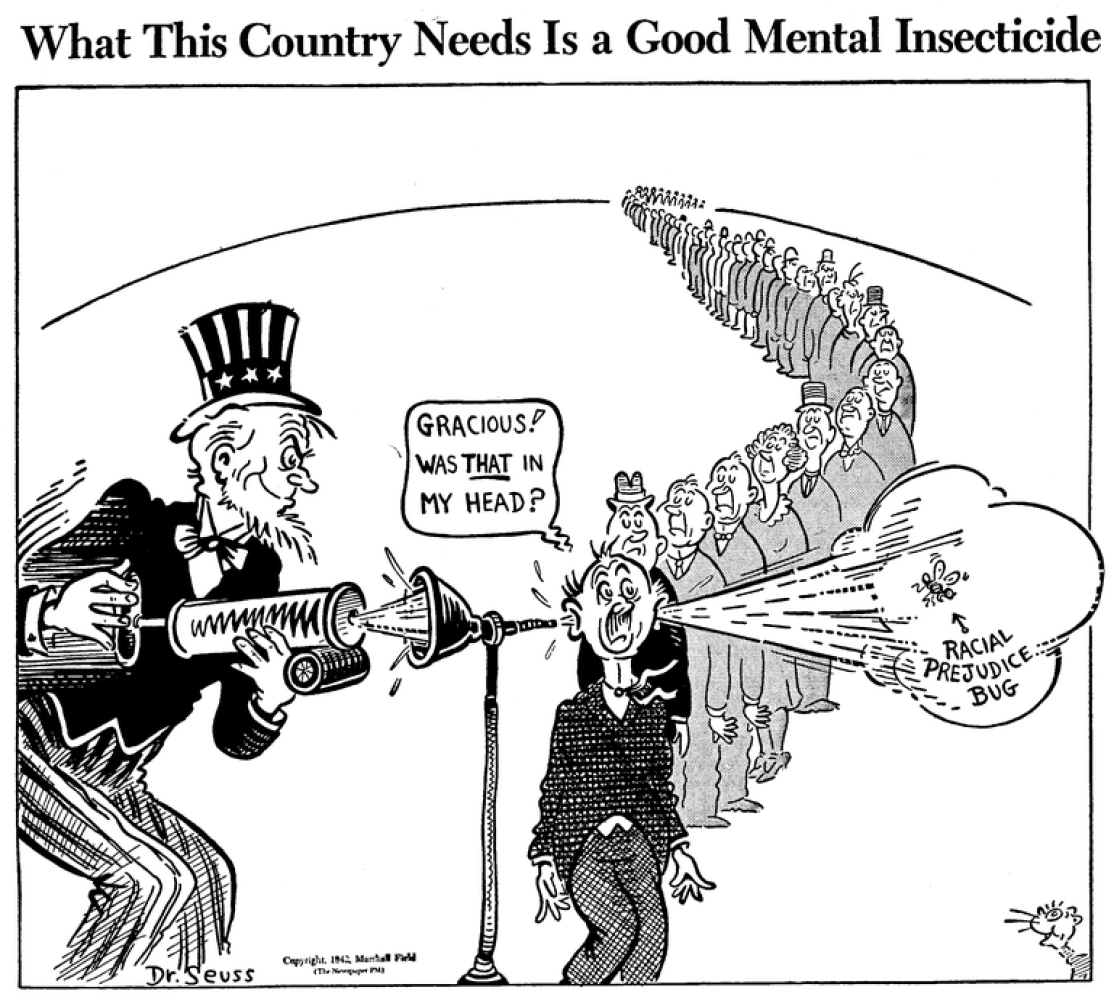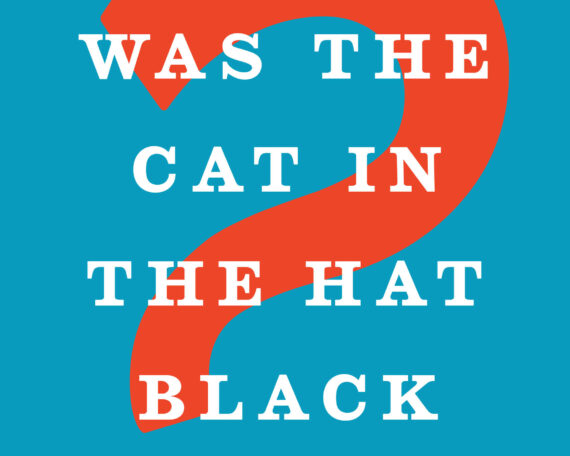On Being Banned, Strategic Censorship, and Telling the Truth
Back in April, US Defense Secretary Pete “Signal” Hegseth ordered 381 books removed from the US Naval Academy’s Nimitz Library. These included works read by young people—Maya Angelou’s I Know Why the Caged Bird Sings and Angie Thomas’ The Hate U Give—and scholarship on books for young people, such as Robin Bernstein’s Racial Innocence and

